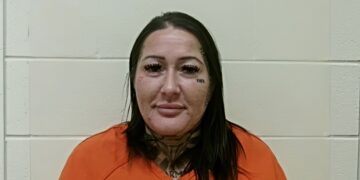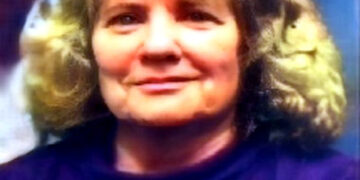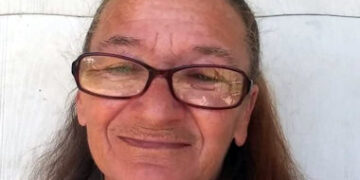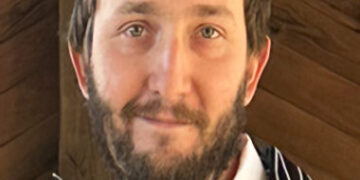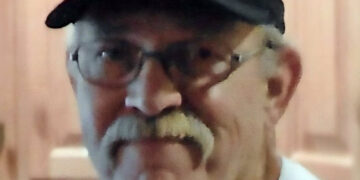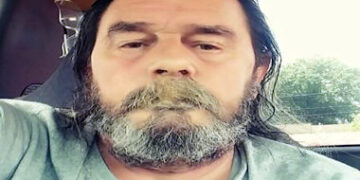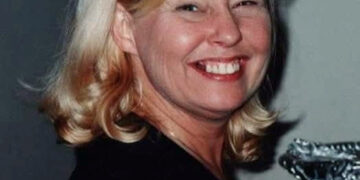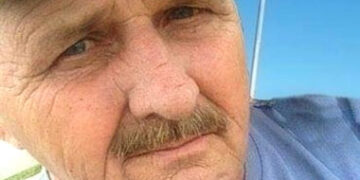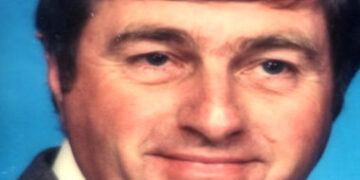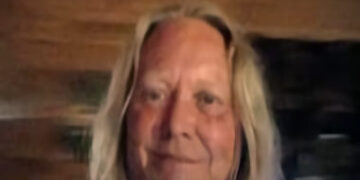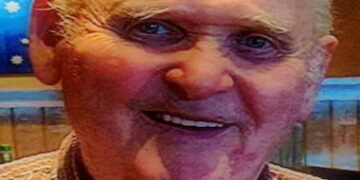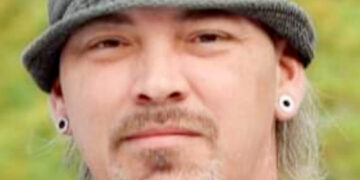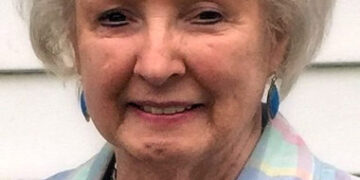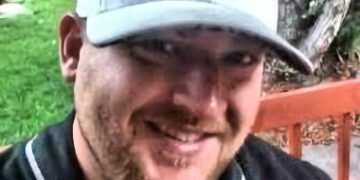“I spent 25 years in active addiction. Three years, three months, and ten days clean. And that number means everything.”
For Todd Eichenlaub, Portsmouth native, that number is a badge of honor — a hard-earned symbol of victory over a disease that once dictated his every move. With decades of substance abuse, run-ins with the law, and two failed marriages in the rearview mirror, he’s now studying to earn a bachelor’s degree in sociology and a minor in social work, hoping to help others as he was helped.
He was very candid as he spoke with SCDN.
“I lived in poverty, like most people around here,” he says. “My dad was an alcoholic. Other family members struggled too. But back then, there were no real treatment options. If you wanted help, you had to wait — sometimes for months.”
When opioids flooded the region during the height of the pill mill crisis, Eichenlaub, like many others, found himself drawn in. “Those little pills made me think I’d found the answer to all of life’s problems. Then they shut the mills down, and I turned to heroin. Cheaper. Easier to find.”
Jail became a revolving door. “I spent nearly 30 years on probation. I just couldn’t stay clean long enough to get off it.”
Then came the turning point.
“I woke up one morning and said, ‘I’m done.’ I threw away the drugs. I threw away my cigarettes — menthols, 25 years. I haven’t touched them since.”
Rehab wasn’t new to him, but this time something clicked. “I went through treatment right here in Portsmouth. The model was night and day compared to the places I’d been to in Columbus. This time I wanted it bad enough.”
His voice chokes slightly when recalling one milestone that marked a turning point: “I was working maintenance at (a local coffee shop). When they handed me the keys to the building, I couldn’t believe it. I’d never been trusted like that. I held those keys tight. I tell that story all the time in my 12-step meetings.”
Today, Eichenlaub is gearing up for his senior year at Shawnee State University with a 3.78 GPA and plans for graduate school. He’s housed, employed, thriving — and grateful.
“I have a good life now. I like turning on my air conditioner on a hot day and watching my big TV. These are things I never had. I was either in a car or on someone’s couch. Now, I’ve got a home.”
His story is a powerful reminder that recovery is possible — and that, with the right support, transformation isn’t just a dream.














